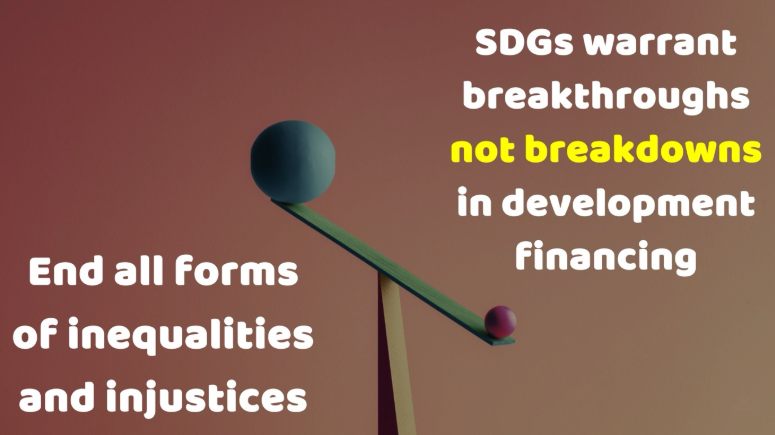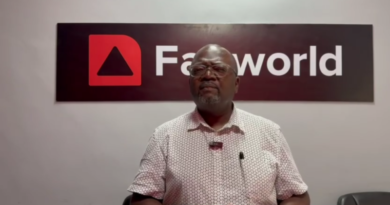SDGs at Risk Without Bold Action on Development Finance, Warns Civil Society
As the world prepares for the fourth Financing for Development (FfD) Intergovernmental Conference in Seville this June, civil society organizations are raising alarm bells over the current state of development finance. With the Sustainable Development Goals (SDGs) veering off course, and official development assistance (ODA) falling short of its promises, global advocates are demanding transformative action—not token gestures.
According to the CSO Partnership for Development Effectiveness (CPDE), a coalition of civil society actors worldwide, the situation calls for “breakthroughs, not breakdowns.” The group warns that global development cooperation is faltering due to persistent donor shortcomings and unilateral decisions that undermine transparency, accountability, and democratic ownership of aid.
“Since the early 2000s, the UN’s Financing for Development process has promised to improve both the quantity and quality of aid,” notes the CPDE statement. “But we are now facing compounding crises: underfunded health and social systems, climate vulnerability, debt traps, and a fractured aid system.”
CPDE points to the upcoming Seville conference as a critical opportunity to reset the global development agenda. However, its initial assessment of the FfD4 Zero Draft Outcome Document, released in January 2025, finds the document lacking in ambition. While it acknowledges important issues like democratic governance, civil society involvement, and country-led financing, it fails to propose concrete, time-bound reforms or enforcement mechanisms.
Particularly concerning is the dilution of what qualifies as ODA, CPDE says. With the global shortfall in donor commitments amounting to an estimated USD 7.1 trillion, the organization is calling this a form of “unmet ODA debt.” CPDE urges donor countries to treat this cumulative gap as a legitimate financial obligation to the Global South—and to deliver on it unconditionally.
“Recovering unmet targets could ease fiscal pressure and help address urgent development priorities like health, education, gender equity, and social protection,” CPDE stresses.
The group also underscores the need to revitalize the development effectiveness agenda. This includes empowering countries to lead their own development strategies, enhancing policy coherence, and ensuring that civil society remains at the heart of implementation and oversight.
“Effectiveness is not just about better coordination; it’s about rights-based, inclusive, locally-led approaches that put people and poverty eradication at the center,” says the CPDE statement.
In a bold proposal, CPDE is calling for the establishment of a legally binding UN convention on development cooperation. This would include enforceable, measurable targets and mechanisms to hold countries accountable to their aid commitments.
Unless urgent reforms are undertaken, the group warns, the international community risks the collapse of collective progress toward the SDGs. “We need a breakthrough in asserting the effectiveness agenda in development finance—or we face the breakdown of our shared aspirations around sustainable development,” CPDE concludes.



